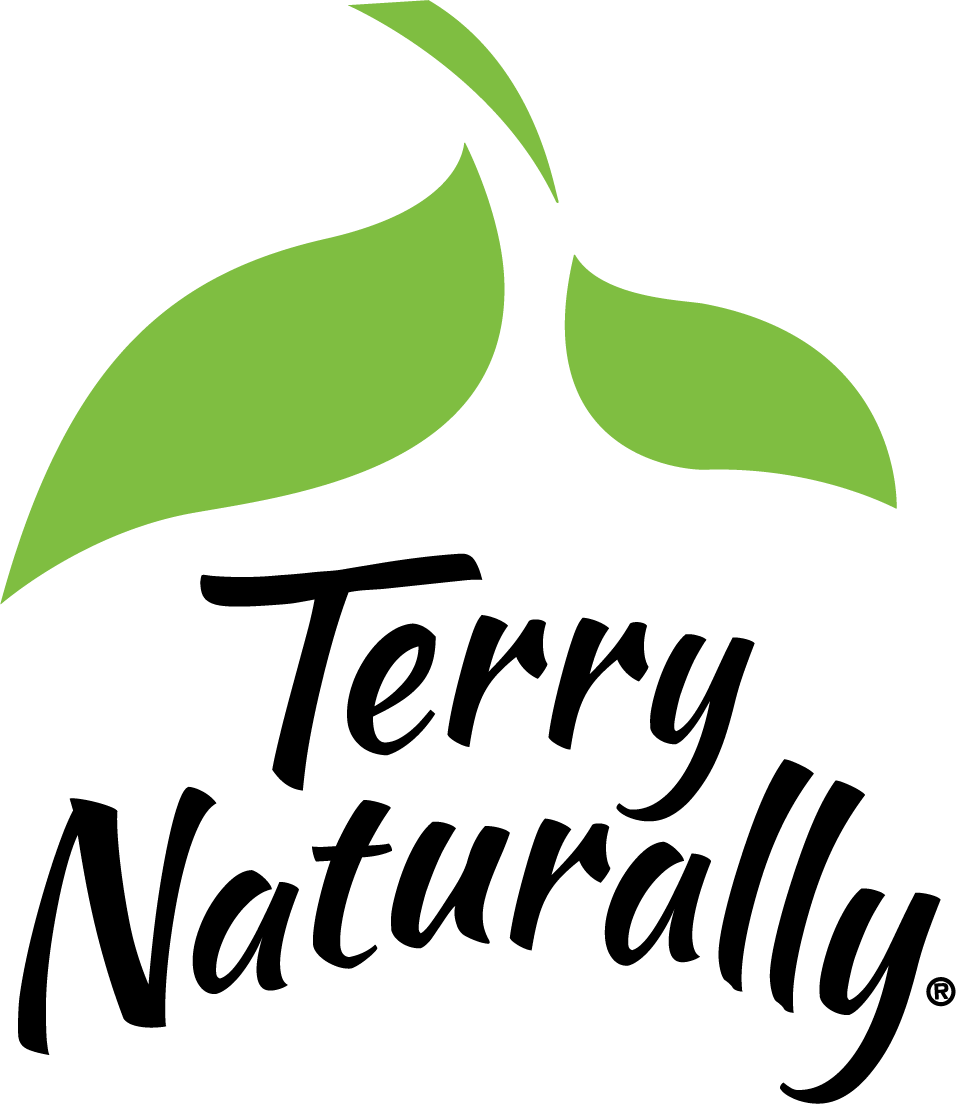If you feel stressed all the time, you may have a jittery energy that only serves to make you more stressed, rather than focused and productive. At the same time, feeling all of that stress only makes you more fatigued, too. So is there an answer? Yes. The answer is red ginseng.
I’ve used this red ginseng myself and noticed a boost of energy on my first day of use.
In fact, I find that the days I take this unique ginseng sail by easily, and challenges don’t seem daunting at all.
However, while red ginseng has been proven to make a difference, not all ginseng delivers the same benefits. In fact, you need specific compounds that aren’t available in most supplemental forms because they are hard to find. But the right ginseng can do wonders – improve your energy levels, resistance to stress, recovery from illness, mental focus and physical endurance in amazing ways.
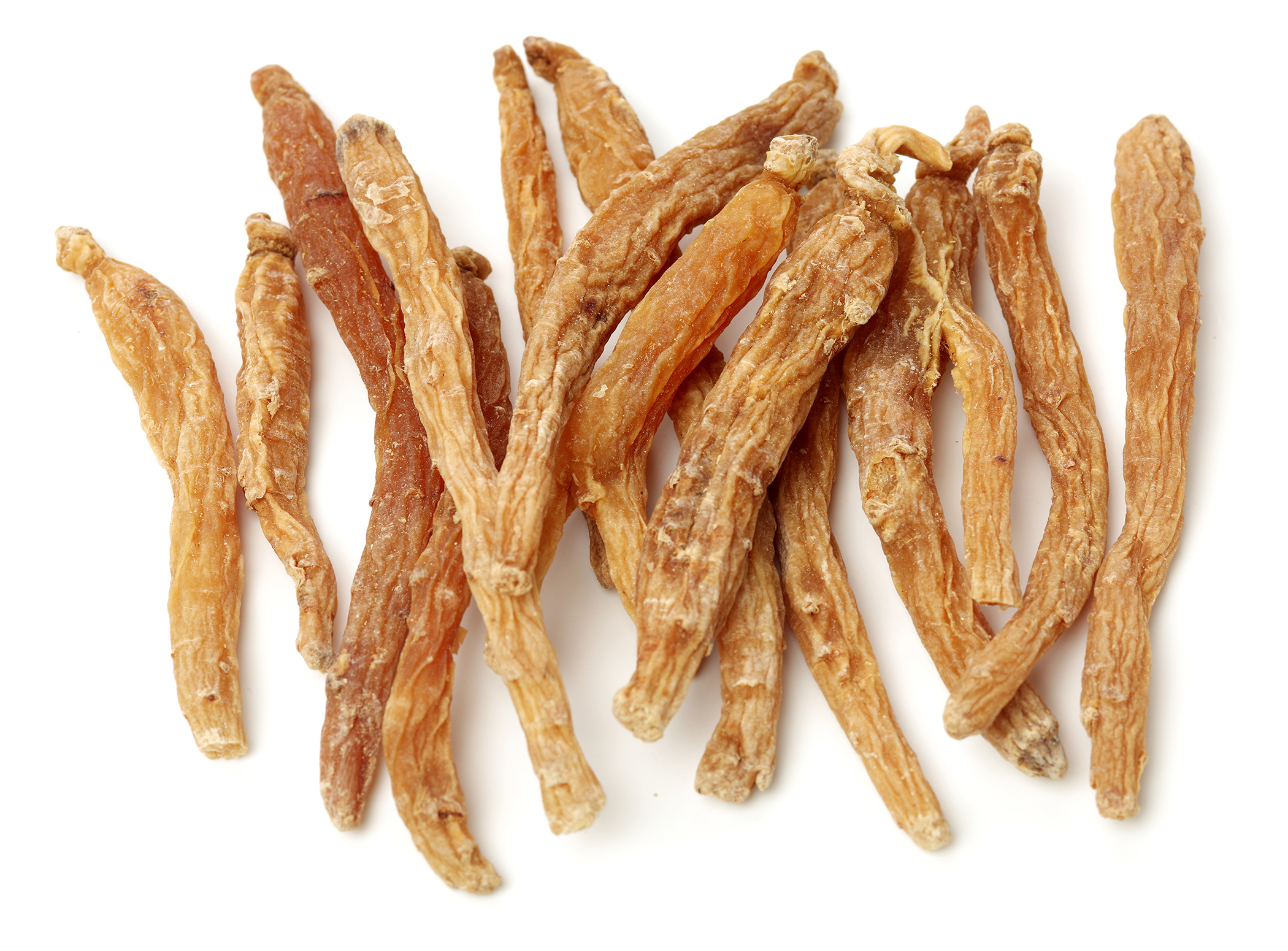
One of the World’s Oldest Adaptogens
Ginseng root is one of the world’s oldest (probably the original) adaptogenic medicines. It comes from Panax ginseng, and was first used in Asia, most likely in the Korean peninsula. Like all adaptogens, ginseng contains compounds that help the body and mind respond to circumstances in the most helpful ways: If you’re feeling particularly scattered, ginseng can help you feel focused; if you feel physically fatigued, it can help you find the stamina to carry on.
You may hear about white or red ginseng. While both forms come from the same plant, white ginseng is very minimally prepared, which means that it’s beneficial compounds, including ginsenosides, ginsans, and gintonins, are too bound up in the plant’s cell walls to be of much use.
Red ginseng, by contrast, is steamed, which breaks down some of the cell walls and gives the root powder a characteristic red/brown appearance. While all ginseng has some benefits, the majority of studies show that RED GINSENG IS BEST AND MORE BENEFICIAL.
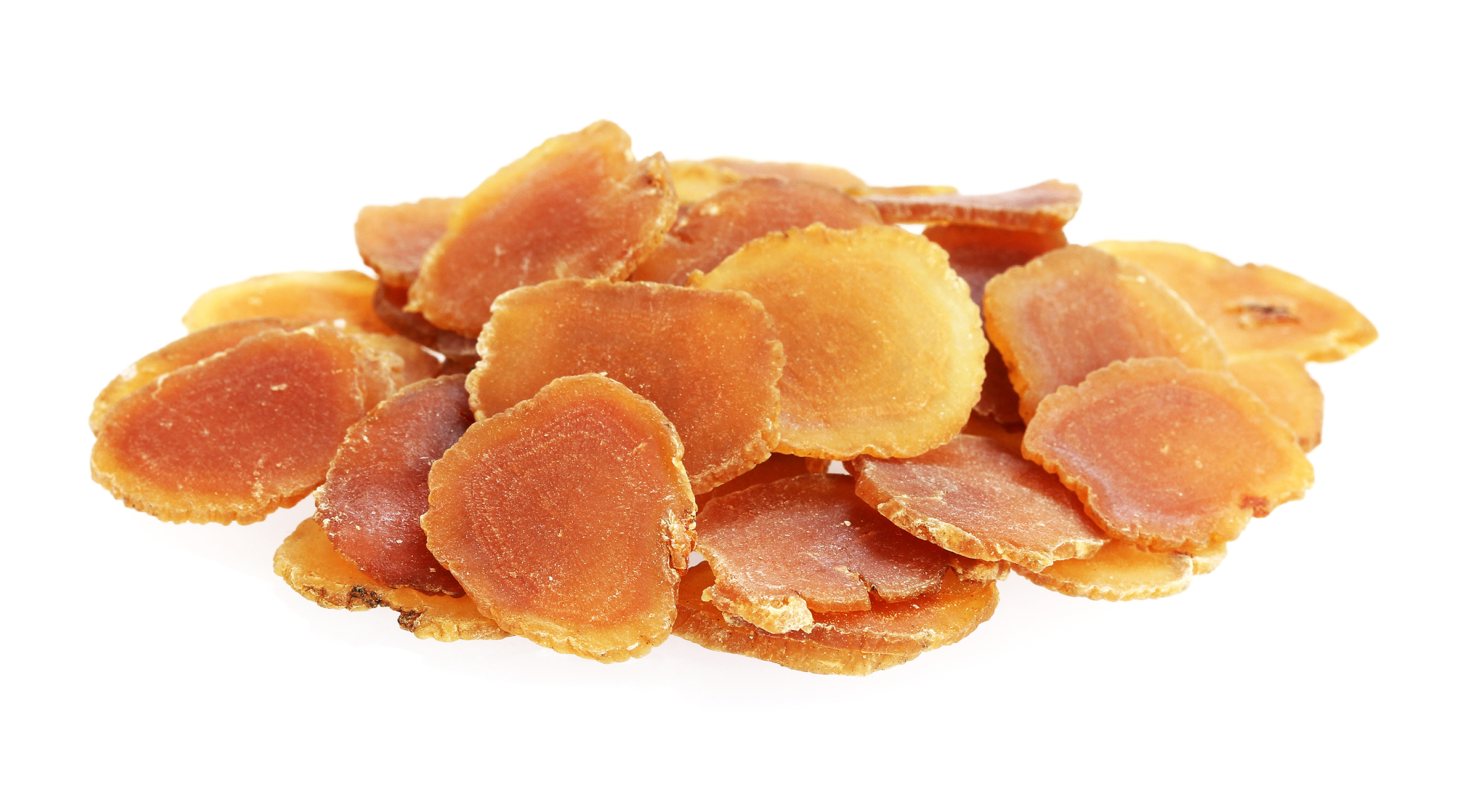 Because wild ginseng is disappearing and there is high demand for this amazing herb, it is now grown on farms, many of which are in Northern China and Korea. Unfortunately, farmed ginseng has many challenges, as the cultivated plant is sensitive to weed competition and a variety of insects. In order to assure a commercially successful crop, a wide variety of herbicides, pesticides, and fungicides are used on the farmed ginseng crops. An article published in Horitcultural Science (vol. 25/7) lists 15 chemicals applied at different stages of the growing process to control such pests as cutworms, slugs, nematodes, grey mold, and root rot. Also, ginseng plant cultivation takes a long time – about six years between harvests. Slow growth allows time for the roots to absorb toxins and pollutants in the soil.
Because wild ginseng is disappearing and there is high demand for this amazing herb, it is now grown on farms, many of which are in Northern China and Korea. Unfortunately, farmed ginseng has many challenges, as the cultivated plant is sensitive to weed competition and a variety of insects. In order to assure a commercially successful crop, a wide variety of herbicides, pesticides, and fungicides are used on the farmed ginseng crops. An article published in Horitcultural Science (vol. 25/7) lists 15 chemicals applied at different stages of the growing process to control such pests as cutworms, slugs, nematodes, grey mold, and root rot. Also, ginseng plant cultivation takes a long time – about six years between harvests. Slow growth allows time for the roots to absorb toxins and pollutants in the soil.There are some new ways to grow ginseng using novel hydroculture growing techniques that result in a much cleaner, more powerful ginseng.
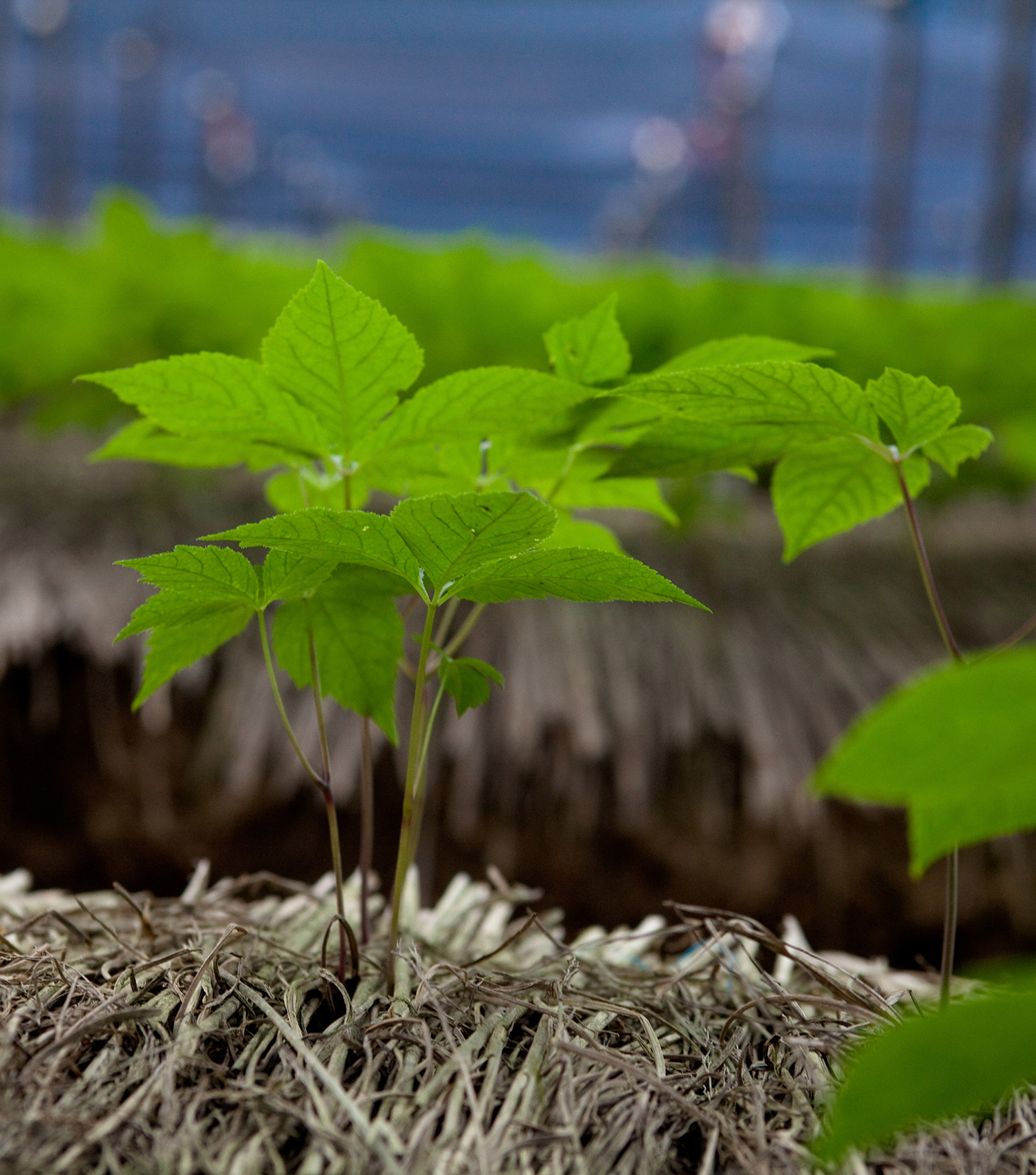
Noble Ginsenosides Make the Difference
Researchers have recently learned that specific compounds in ginseng, called noble ginsenosides, are not only better absorbed by the body, but have specialized, energizing effects. Noble ginsenosides are found in small amounts in ginseng, but are also formed in the gut by probiotic action. One of the problems with modern ginseng cultivation is that it robs the plant of its levels of noble ginsenosides, too.
They just aren’t present at levels that may have been the norm for wild ginseng.
Also, there are no benefits from ginsenosides if they cannot be absorbed.
Noble ginsenosides are the smaller, easier to absorb, more effective, and most rare of the beneficial compounds from ginseng. Some that you especially want for BETTER STRESS RESISTANCE AND ENERGY are known as CK, Rk1, Rh2, Rg3 and Rg6.

In fact, two other noble ginsenosides, R3 and R5, can help slow down the neurotransmitters in our brain that make us feel overwhelmed and burned out. By putting the brakes on that process, they BOLSTER OUR STAMINA AND FOCUS.
Unfortunately, there’s no guarantee that you’ll get many of these rare, noble ginsenosides from conventionally grown ginseng. That is why it is so important to focus on sources of ginseng that ensure high levels of noble ginsenosides and freedom from contamination by pesticides and heavy metals.
Turn Up the Wattage in Your Lightbulb – Red Ginseng is a Potent Power Source
Stress does strange things to the way we think. It ratchets up cortisol levels and affects the regions in the brain (the hypothalamic-pituitary-adrenal axis or HPA) that tend to make us first more reactive, and then makes us feel exhausted. Stopping that chemical change is the first step to feeling more healthy energy and navigating daily challenges and stresses. Red ginseng does just that. It alters the way we react to stress by helping calm neurotransmitter activity, and balances cortisol levels in a way that HELPS US STAY FOCUSED AND ALERT.

It also acts as an antioxidant, which is an interesting twist on the story of stress reduction. That’s because as oxidative damage harms cells, it also increases our perceived stress levels. Red ginseng has been found to REDUCE FATIGUE, in part, because of its antioxidant abilities – less oxidative stress means less stressful feelings – as well as its actions on the HPA-axis. Less damage to cells is a significant step towards healthy longevity.
This protective ability may also account for the way that red ginseng protects our cognitive process. Korean research has found that it helps keep our mind healthy by preventing the death of brain cells.
I think this may keep red ginseng on the forefront of cognitive studies in the future, too. It continues to show multiple actions that include boosting nitric oxide production to keep blood flowing easily in the body and brain, hormone signaling that is associated with clear-mindedness, neural cell regeneration, and anti-inflammatory actions that reduce threats to delicate brain wiring.
The actions that protect the brain from damage may also reduce symptoms of depression. A Korean clinical study found that red ginseng significantly improved depression symptoms, including those somatic symptoms – the physical “drag” that people suffering from depression so often feel.
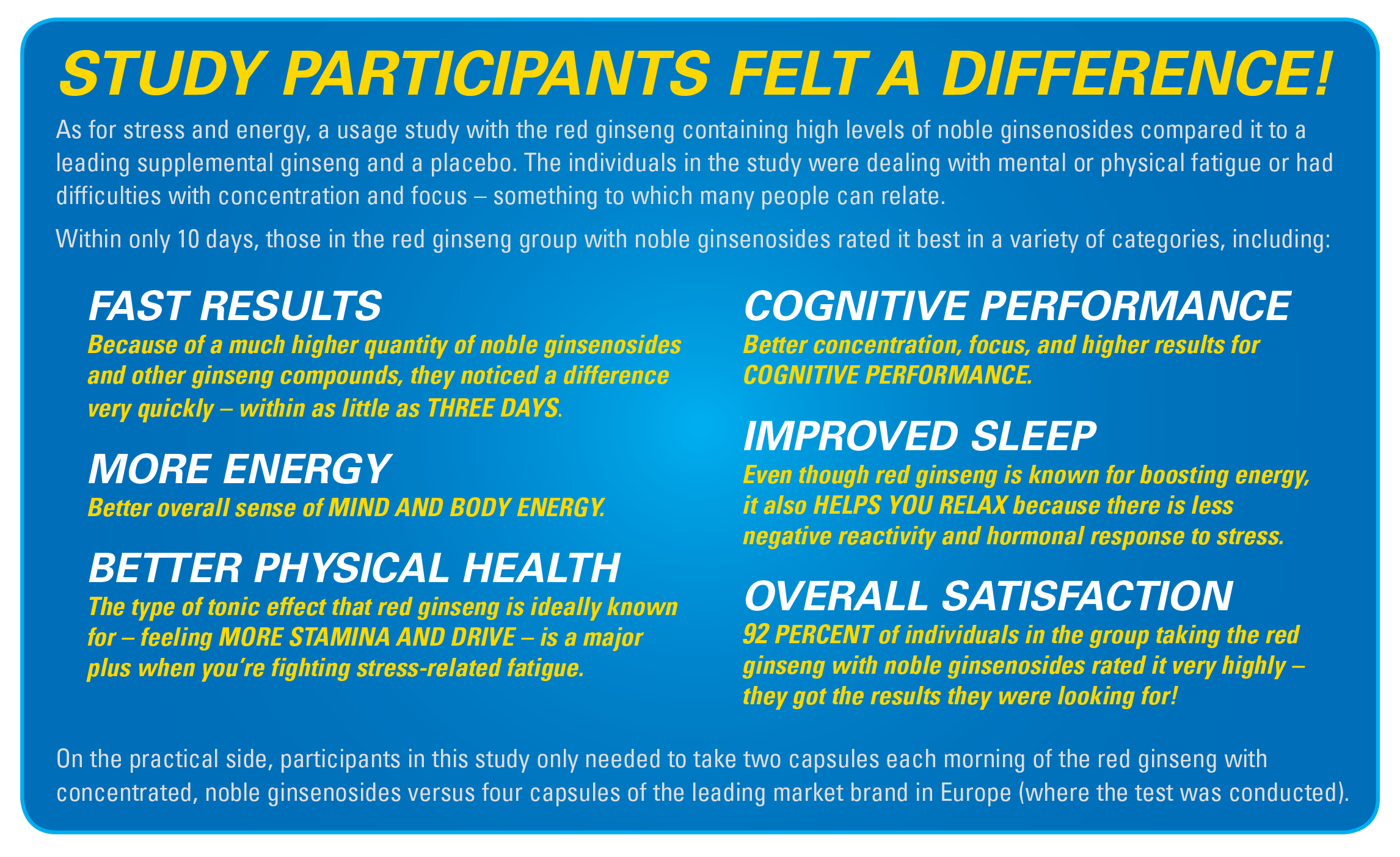
Energy, Focus, and Stamina You Can Count On
I know that some people may think of Korean red ginseng as a men’s supplement, but there are many applications for women, too. Traditional Chinese Medicine practitioners consider ginseng a longevity herb for both men and women, especially as they age. There have been clinical studies that include both men and women, with positive results. There are also studies on red ginseng, specifically on women’s health, including menopause and energy, that have shown the safety and efficacy of this herb.

As an adaptogen, ginseng is remarkable for everyone.
Life can be full of stresses and challenges. And some of those challenges can be good – they help us learn, grow, and stay fit mentally and physically. But being adaptable and resilient is the key to making those experiences enriching rather than draining. That’s where red ginseng can help.
I prefer red ginseng that has been wisely cultivated to be clean, effective, and sustainable, with a high concentration of noble ginsenosides. This results in WIDE RANGING BENEFITS, from energy and strength to resisting chronic diseases and oxidative stress. In fact, its first name – Panax – is Greek for “All Cure.” Even in its naming, botanists recognized its incomparable value.
For better Focus, Energy, Strength, and Stamina, I recommend taking a combination of Korean Red Ginseng 200 mg (Panax ginseng) Root Powder containing rare, noble ginsenosides.
